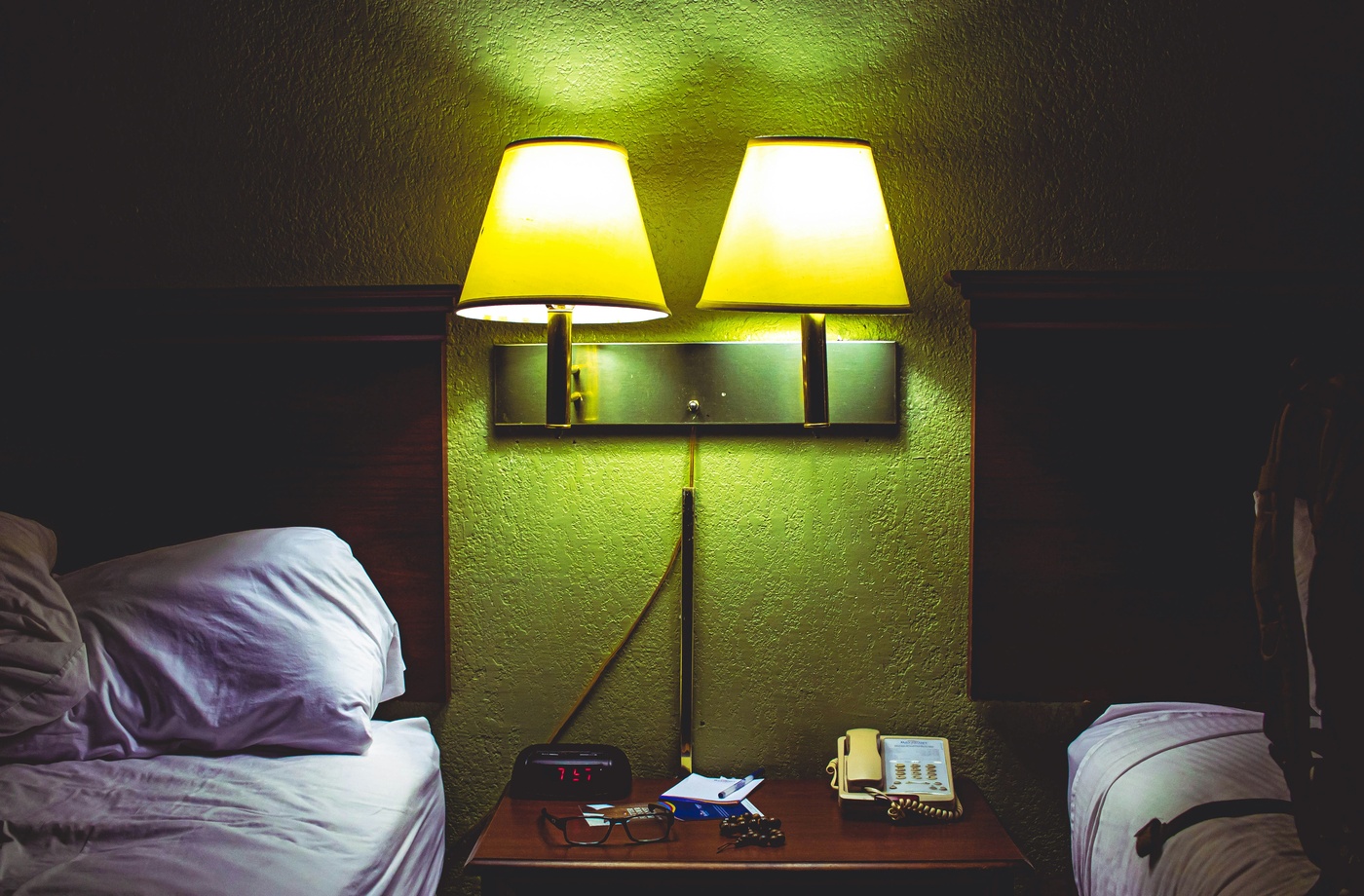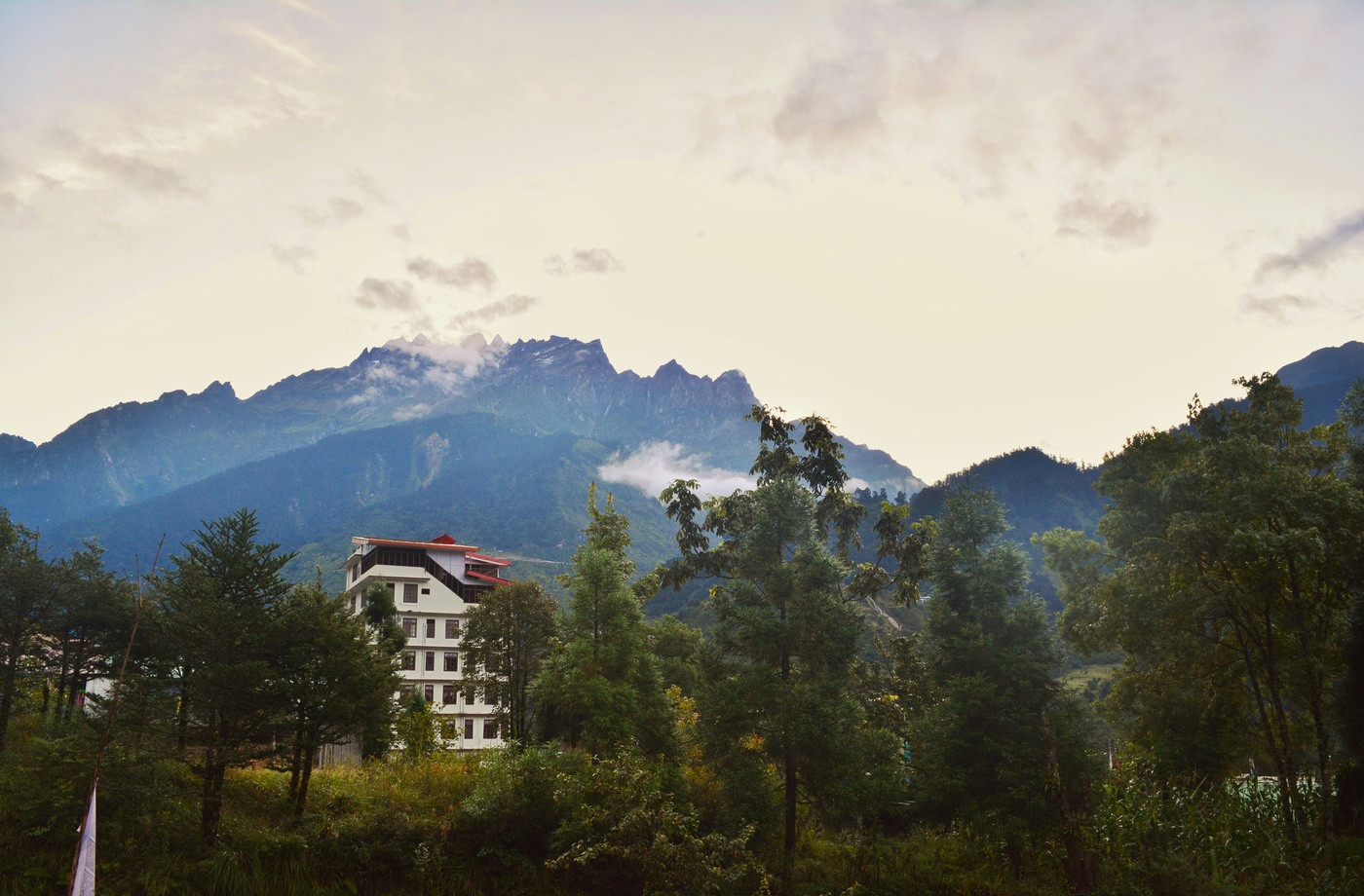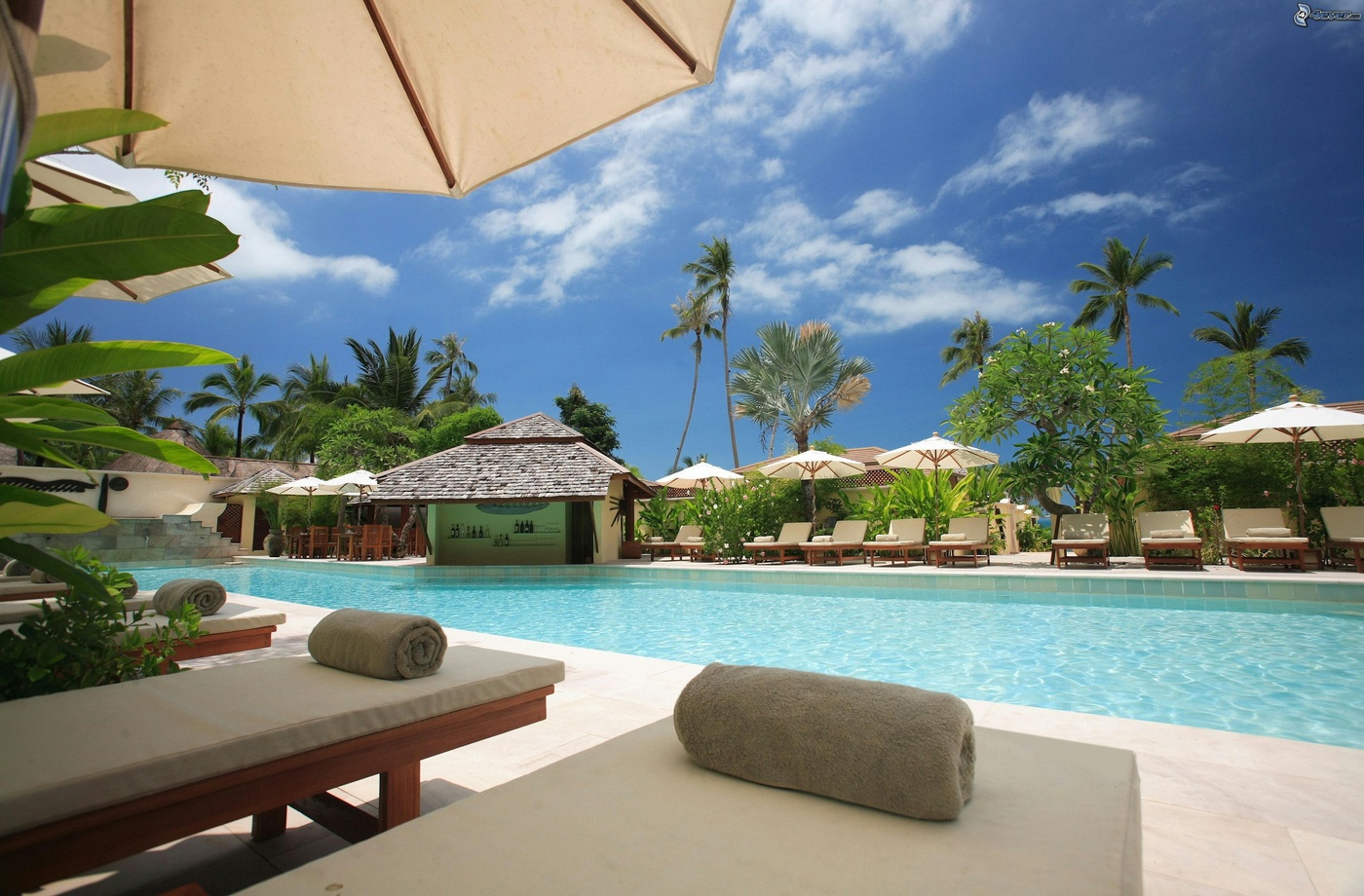A hotel room should be a place of rest—but unfamiliar settings, street noise, and inconsistent lighting can make falling asleep a challenge. Whether you’re a light sleeper, a jet-lagged traveler, or just looking for a better night’s rest, there are simple adjustments you can make to improve your sleep while on the road.
Here’s how to create a sleep-friendly hotel experience, even when the environment isn’t ideal.
- Choose your room wisely at booking and check-in
The location of your hotel room plays a huge role in how well you’ll sleep. When booking or checking in, request:
- A room away from elevators and ice machines
- A higher floor to avoid street noise
- A room not facing the main road or nightclub zones
Hotels like Hyatt Place and Hilton Garden Inn often allow room preference requests in advance or during online check-in.
- Block out unwanted light
Streetlights, blinking electronics, and thin curtains can disrupt your circadian rhythm. Combat this by packing:
- A travel-size blackout eye mask
- Painter’s tape or clothespins to seal curtain gaps
- A towel rolled at the bottom of the door to block hallway light
Some hotels also offer blackout shades—check reviews on Tripadvisor to see if your hotel is well-rated for sleep quality.
- Use white noise to drown out sound
If your room is near a busy street or has thin walls, white noise can help mask disruptive sounds. Consider:
- Using a white noise app like Noisli or Sleep Sounds by Relaxio
- Traveling with a small portable white noise machine
- Running the room’s fan or bathroom exhaust for consistent background hum
Pro tip: Some guests also use Spotify or YouTube to stream eight-hour sleep tracks.
- Set the right sleep temperature
According to the Sleep Foundation, the optimal temperature for sleep is between 60–67°F (15.6–19.4°C). Many hotel thermostats are preset higher or lower than this range.
Adjust your room temperature shortly after check-in, and bring light layers if you’re sensitive to cold air or inconsistent HVAC.
- Pack a travel sleep kit
Light sleepers benefit from a basic kit that includes:
- Earplugs
- Eye mask
- Melatonin or magnesium supplements
- Aromatherapy roll-on or lavender spray
- Comfortable sleepwear suited for varying temps
If you forget these, many hotel front desks stock earplugs or may provide sleep kits on request—especially at wellness-focused hotels like EVEN Hotels.
- Wind down properly before bed
Avoid caffeine after late afternoon and limit screen exposure an hour before sleep. Instead, try:
- Reading a physical book
- Taking a warm shower
- Practicing light stretching or deep breathing
If your hotel offers spa services or has an on-site relaxation room, take advantage before bedtime.
- Let the front desk help
If there’s noise from adjacent rooms, housekeeping disruptions, or HVAC malfunctions, call the front desk. Most hotels are responsive to noise complaints and may offer a room change or compensation.
You can also request:
- Additional pillows or blankets
- A fan for white noise
- A do-not-disturb sign if housekeeping starts early
Final thoughts
Getting quality sleep in a hotel takes a little preparation—but the rewards are well worth it. With the right tools and awareness, you can turn even a bright, bustling room into a comfortable sleep sanctuary. The better you sleep, the better you travel.



